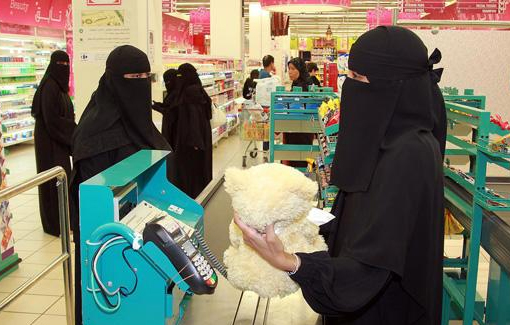
Jeddah, Oct 29: The Ministry of Labor has warned establishments against falling prey to illegal practices by registering Saudi nationals in the facility without really assigning them jobs.
The ministry said establishments that resort to this practice will be subjected to harsh punishment. The ministry pointed out that the countdown had begun for the end of the grace period. Inspection campaigns will begin soon and penalties will be imposed on violators of residency and labor laws.
An official source at the ministry said monitoring campaigns that will be conducted through inspection and follow up teams will begin work from Nov. 3, when the amnesty period comes to an end. “The most obvious of these violations is allowing employees to work somewhere else without following the regular procedures, or employ an expatriate who is self-employed,” the source said.
Employees who are absent, or those who are self-employed, or those who work for an employer other than the one registered with authorities without following regular procedures will be penalized.
Managers of establishments and expatriates who are in violation of the rules and regulations will be imprisoned for two years, in addition to a financial penalty of SR100,000; penalties double for multiple violations.
The source said facilities can avoid future punishments by following regular procedures which include disallowing employees to practice their assigned duties without acquiring regular agreements, facilities should not employ expatriates in an irregular manner, notify passport department and labor office if an employee doesn’t show up at work.
The Ministries of Labor and Interior called on all facilities and expatriates who are in violation of residency and labor laws to take advantage of the grace period, and rectify their status according to applicable laws.
The ministries said that penalties against employers and employees will be applied without exception, and there is no intention of extending the rectification period.






Comments
Add new comment